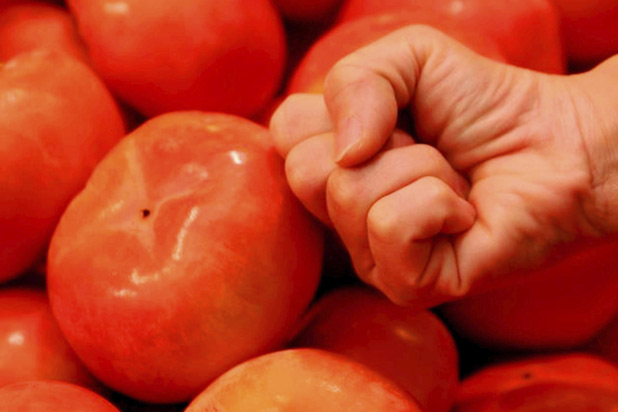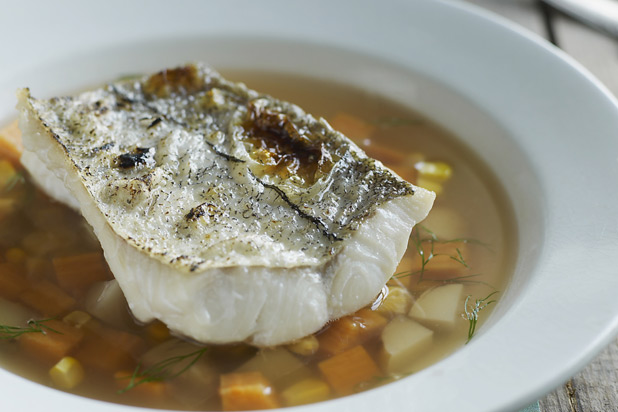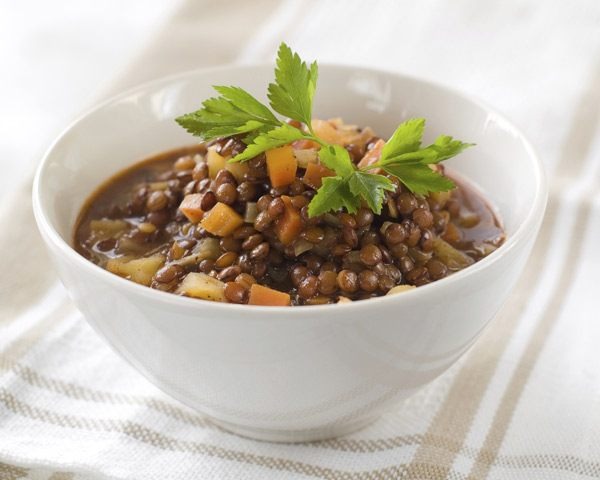Eat Your Way To A Better Body
You've been diligent about getting to the gym and have been taking the stairs instead of the elevator for months now. Still, there is room for improvement and changing your diet may be the key to a better body.
Food intake determines how much fat your body stores. Your activity level determines how much of that fat is burned. When it comes to diet, you've got to start your day off right. Breaking your overnight fast with processed foods like low-fat boxed muffins or cereals will set you up for a day's worth of failure. Breakfast jumpstarts your metabolism for the day, so choose foods high in resistant starch (which tells your body to burn fat, not muscle, for energy) like bananas and oats.
Click here to learn how to Eat Your Way to a Better Body (Slideshow)
If you're committed to eating just three square meals a day, you might be doing your body more harm than good. Nutrition experts recommend eating more often throughout the day to optimize your body's fat burning process. "Grazing helps normalize blood sugar levels rather than producing three large spikes, which is what happens eating three meals a day," says Nick Flynn, PhD, associate professor of biochemistry at Angelo State University in San Angelo, Texas. That said, you have to be sure you are munching on the right foods. Power foods can help to fuel muscles, burn fat, and boost metabolism and cardiovascular health.
"Carbohydrates are the best fuel for working muscles," says Academy of Nutrition and Dietetics spokesperson Heather Mangieri, MS, RDN, CSSD. To know which carbs you should be eating, you have to learn the difference between good carbs and bad ones. Simple carbs, the bad ones, are composed of basic sugars that do no good for your body. Think white rice, white bread, cake, sugar, and artificial syrups. Complex carbs, on the other hand, take longer for your body to break down so they provide you with an even amount of energy throughout the day.
High-fiber foods like vegetables and greens in salads help to block sugar absorption. So, if you've got to have that baked potato, make sure to eat some green beans and a salad first.
Incorporating the right amount of protein into your diet is key, too. Studies have shown that diets rich in protein can help prevent obesity. High-protein foods force your body to work harder, so you could be shrinking your waistline during that steak dinner.
Wondering what other foods will help you get a better body? We've got the skinny on eating your way there.
Size matters

Bigger really isn't better when it comes to portion size. Instead smaller, more frequent meals help your body burn fat. Experts suggests six meals a day, with complex carbs added in early in the day to keep your body fueled and working all day long. You can judge your portion by the size of your hand. Each serving size of protein, carbs, and anything else that isn't fruit or vegetables shouldn't be larger than your fist.
Proteins

Scientists at McMaster University in Hamilton, Ontario, found that eating 20 more grams of protein a day than you would on an average diet may help reduce the fat around your midsection.The body burns more calories digesting protein than other food groups, so adding a healthy amount into each meal is key. Lean meats like free-range chicken and turkey, grass-fed beef, and wild-caught fish are a great low-calorie source of protein. Some farm-raised fish can actually be unhealthy.Vegans and vegetarians can opt for upping their intake of foods like peas (one cup contains 7.9 grams of protein), quinoa (8 grams per cup), and tofu (20 grams per half cup).
